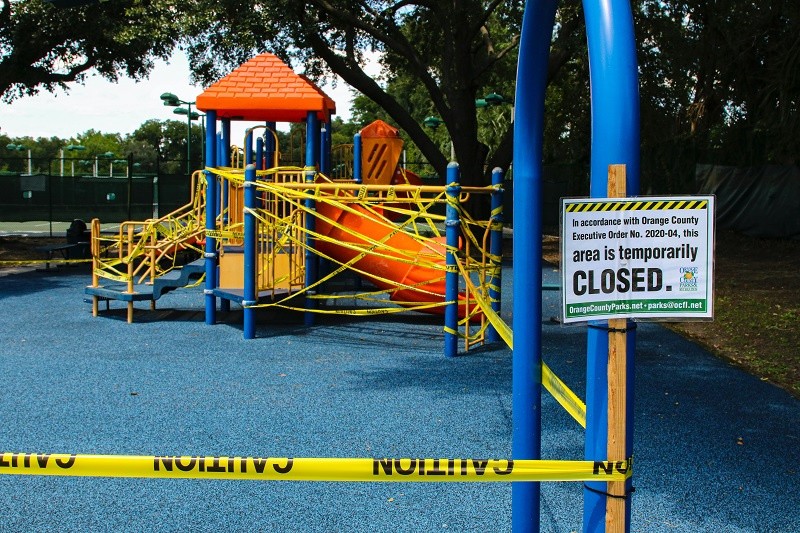Segregated Parks Contribute to COVID-19 Spread in Black and Latino Communities
Parks in the country turn out as a contributor to COVID-19 virus spread in Black and Latino communities.
According to a USA Today report, the disproportionate rate of Black and Latin Americans has been affected by the coronavirus pandemic, which has been well documented.
Members of Black and Latino communities have less access to local parks than their white counterparts. As per the study of Trust for Public Land, a land access advocacy group, parks found in Black and Latino neighborhoods are half the size of the parks in white areas and are five times more crowded.

Besides, according to findings by the Federal Center for Disease Control and Prevention, Black and Latino children are at a higher risk of contracting the virus. COVID-19 cases are exacerbated in those communities due to the lack of park space that also lacks space for fresh air and area to conduct the exercise. The issue of segregated parks is particularly crucial, knowing that Black Americans are more susceptible to high blood pressure, diabetes, asthma, and obesity.
As mentioned earlier, pre-existing medical conditions can make a person more likely to be hospitalized with severe COVID-19 complications, as per The Grio. Dr. Panagis Galiatsatos, an assistant professor of medicine at the Johns Hopkins University School of Medicine, said that it's too early to determine if there is a specific link to the lack of park spaces and contracting COVID-19. Professor Galiatsatos hopes that the issue will help address segregation.
Galiatsatos said in USA Today, "I'm hoping that the disparities we've identified result in a commitment to resolve them. If this virus can teach us one thing, it's that disparity are here and present. We have control over ending both the pandemic and the disparities. The pandemic will end eventually, and we will need to figure out how to remove the disparities."
Hispanic Americans are not exempted. They also have high rates of obesity, diabetes, and heart disease due to lack of enough practice of going to a doctor or having health insurance resulting in poor overall health added by the effect of poverty, according to AAFP.
The Federal officials said that discrimination, the kinds of professions many people in those communities are doing, overall poverty, poor housing, and lack of access to health care drive those communities to higher death rates. Meanwhile, public health experts said that improving Black and Latino communities' health will help improve life for all of us, from the lower insurance premiums, to increase workplace productivity while fostering a sense of national unity.
The lack of access to parks reflects the economic inequalities nationwide, as per the City planning experts. Adrian Benepe, senior vice president and director of national programs for the trust of Public Land, said, "People with money moved to areas where they could build houses around parks."
Benepe reiterated that the COVID-19 pandemic had emphasized the dangers of condemning people to live in a densed, urban area without access to parks and other open spaces. Also, investing in parks contributes more than just improving the property values of people who live nearby.
Check these out:
Trump Jr. Warns of a Nation in Decline If Father Loses
Stimulus Check Frauds Horribly Spike to Over $100 Million Losses from US Citizens
House Approves a Legislation that Includes $25 Billion Aid to US Postal Service
Subscribe to Latin Post!
Sign up for our free newsletter for the Latest coverage!
© 2026 Latin Post. All rights reserved. Do not reproduce without permission.













